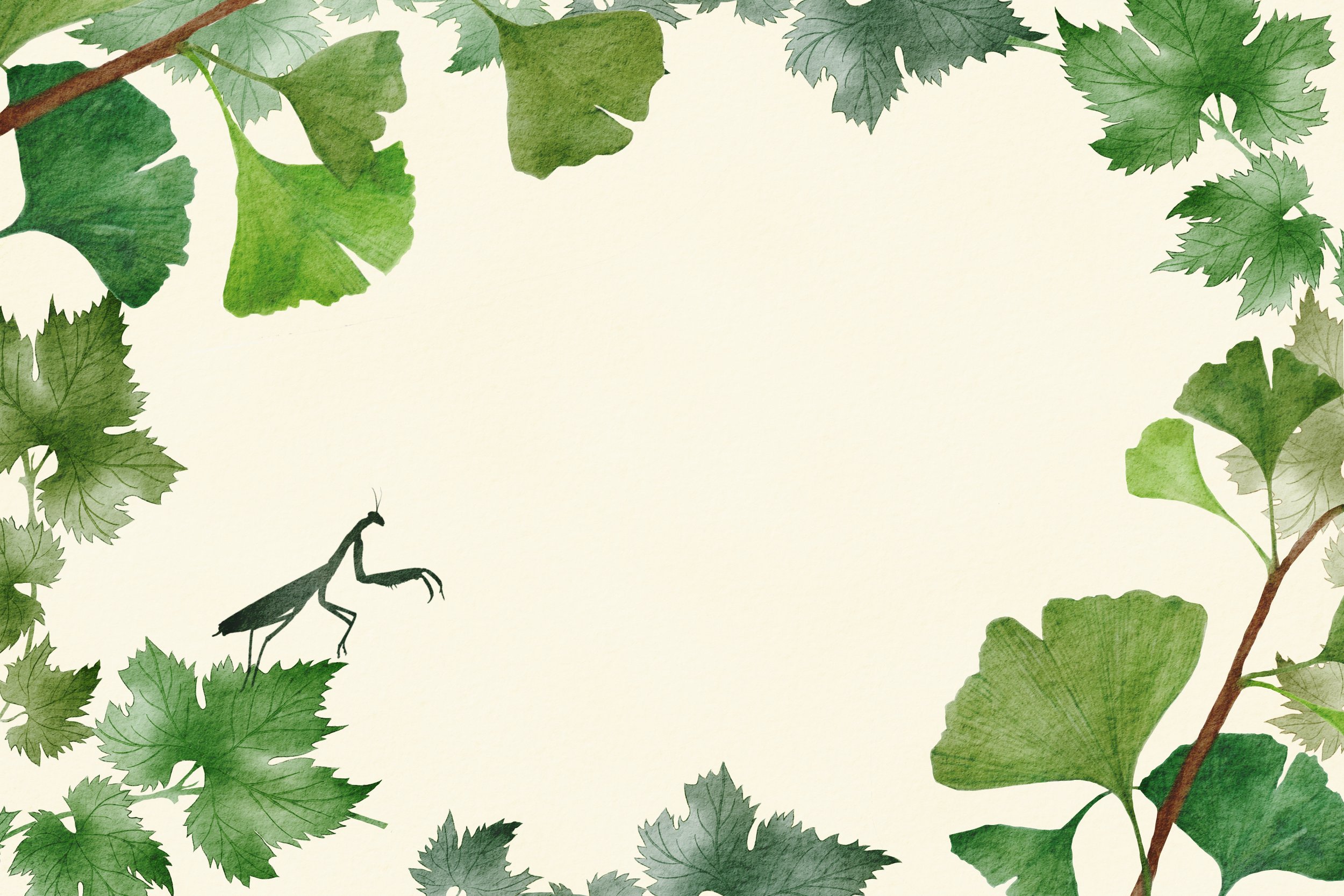
Mantis 18 (Spring 2020)
Translations
Yau Ching
translated from Chinese by Chenxin Jiang
家私奏鳴曲
「事情已經變得很複雜。」燈光總是不夠明亮。叫人無法辨認透明的事物。在暗閸中尋找鮮明的紋理。風沙刮起就蓋上紅布展示厚道。天朗氣清你看看頭頂那倒下來的聲音。遙遠有孩子的啼哭混在電視廣播中。雪白的牆壁由光明步向沉默。暴風雨後窗上污垢的痕跡逐漸顯現。(有鋼鐵碰着鋼鐵的聲音,等待迴響。)桌上的攝影機哪裏去,一直以為是亂了後來發現被偷去。於是關起窗來門上裝置鎖鏈。窗帘拉起不惜減低透明度。不如安裝射燈補補光線照亮你想照亮的事物。照亮回音(萬一來了)成輕淺的剪影。照亮出破碎
坐在這裏書寫顫抖。在反覆的冷氣機與消息之間呼吸。電話無法舒展失去攝影機的空白。電視厭倦長途電話的定格,反抗起來播了鄰台的衛星。傳真機的資訊突破了垃圾桶的防線。廣場上露營觀望太陽升降。垃圾桶中唯獨缺乏垃圾
一幅一幅的影像更替。一模一樣的顏色在升降臂上上落。甚麼都沒發生過哩。遊客的攝影機在廣場閃動。最後一個悲劇英雄接過黑幕下的框架,奉命清洗刷不去的墨跡。
1989
無城
每到一個城市
就想買套房子
每到一個地方
就想搬來長住
尋找所有想象
可想而不可能
可能而不可得
不可能的人
難民後代各處
建立窮的延伸
長住不見命長
命短更尋求家
或者家的無限
無家的無限
愈想逃避的島
成為腳下的島
天下曾經在此
正是這種曾經
或是一種以為
以為曾經天下
其實飄在天上
造成今天的無
法長住的無法
逃避或回來
無法回來的城
曾經輝煌的城
無人認得的城
輝煌預言失去
歷史預言曾經
預言無人記得
期待無人認得
無人能夠留下
無樓能夠留下
無人能夠買樓
無人需要買樓
無樓能夠失去
不可能的有
不可能的樓
人這麼多
做不成人
剩下無
我們就是
無人
不是人
就是無
Private Furniture Symphony
“Things are already complicated.” The light is never quite bright enough. You can’t make out anything that’s transparent. You search for vivid patterns in the dimness. A gust of sand and wind, spread out the red cloth as a thick forgiveness. On clear days watch the crash of something falling overhead. The distant sound of a child’s crying mingles with the television broadcast. The white walls step into silence. Streaks of dirt grow slowly distinct on the windows after the storm. (There’s a metallic clang of iron against iron, awaiting its echo.) The camera on the table disappeared in the riot. In fact, it was stolen. So you shut the windows and install a security chain on the door. You draw the blinds to make the windows less transparent. How about putting in a spotlight to make the place brighter and light up anything you might want to light up. To light up the echo (in case it comes) and give it a pale silhouette. Light up the broken
As you sit here writing the shivering. Breathing between the repetitions of the air conditioner and the news. The phone can’t reach far enough to fill up the blankness of the camera. The television is tired of how long- distance calls freeze, so it’s acted up and started playing the next satellite channel. The fax machine breaks through the garbage can’s defenses. Camp out on the square to watch the sun rise and set. The only thing the garbage can is missing is garbage
One image after another. The same colors go up and down the pole. Like nothing happened. The tourists’ cameras flash on the square. The last tragic hero reaches out to take the frame draped with heavy black cloth, under orders to scrub the indelible ink stains clean.
1989
flats, no people
Whenever I visit a city
I think about buying a flat
whenever I get to a new place
I think about settling down
I’m looking for what I imagine
the thinkable cannot be done
the doable can’t be attained
an impossible person
The refugees’ children are far-flung
their line stretches on without end
settling someplace won’t give you long life
the short-lived look harder for home
the boundlessness of home
of homelessness
The more you’ve an itch to escape it,
the island, the more it’s your here
and yes, the whole world once was here too:
it’s precisely that sort of once
or maybe a sort of believing
believing this was once the world
when really it was floating midair
which makes it unthinkable now
to settle down here, to escape
or to return
A city you cannot return to
a city that used to bedazzle
a city no one recognizes
they say that the dazzle portends loss
history once used to portend but
the prophecies no one recalls now
expectations no one recognizes
when no one remains
when no one can buy
when no flats remain
when nobody buys
when people not flats lose
impossible having
impossible flat
Too many people
leaves no way to live
what’s left is no thing
that makes us no body
if not a body
then just a no
YAU CHING is a poet, filmmaker and scholar. She was born in Hong Kong and educated in Hong Kong, New York and London, She has authored more than ten books including Big Hairy Egg (2011), Filming Margins: Tang Shu Shuen, A Forgotten Hong Kong Woman Director (2004), and The Impossible Home (2000), which won the Hong Kong Chinese Literary Biennial Award. Her website is www.yauching.com.
CHENXIN JIANG translates from Italian, German, and Chinese. Recent translations include Tears of Salt: A Doctor’s Story by Pietro Bartolo and Lidia Tilotta (Norton), shortlisted for the 2019 Italian Prose in Translation Award, and the PEN/Heim-winning The Cowshed: Memories of the Chinese Cultural Revolution by Ji Xianlin (NYRB).
